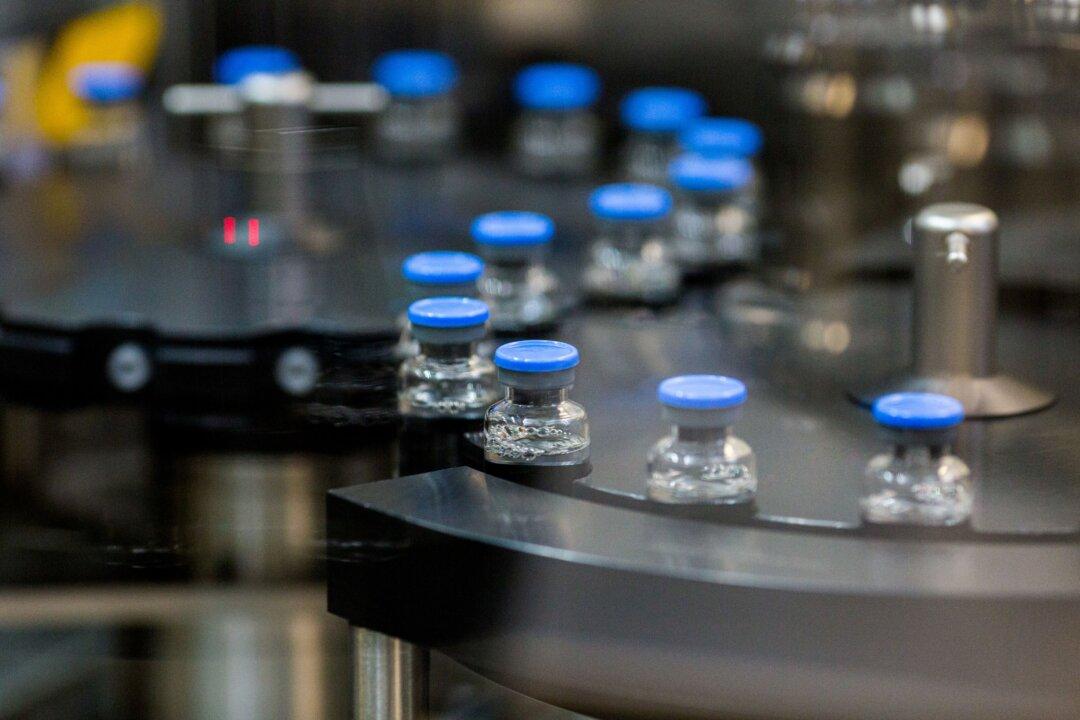Researchers changed the primary endpoint for a clinical trial testing remdesivir against COVID-19, a shift that provoked concerns among some scientists.
The endpoint is the main result measured at the end of a study. The endpoint for the remdesivir trial was originally focused on counting how many patients died after two weeks. After the trial began, it was changed to “time to recovery,” or how quickly patients were discharged after receiving the experimental drug.





